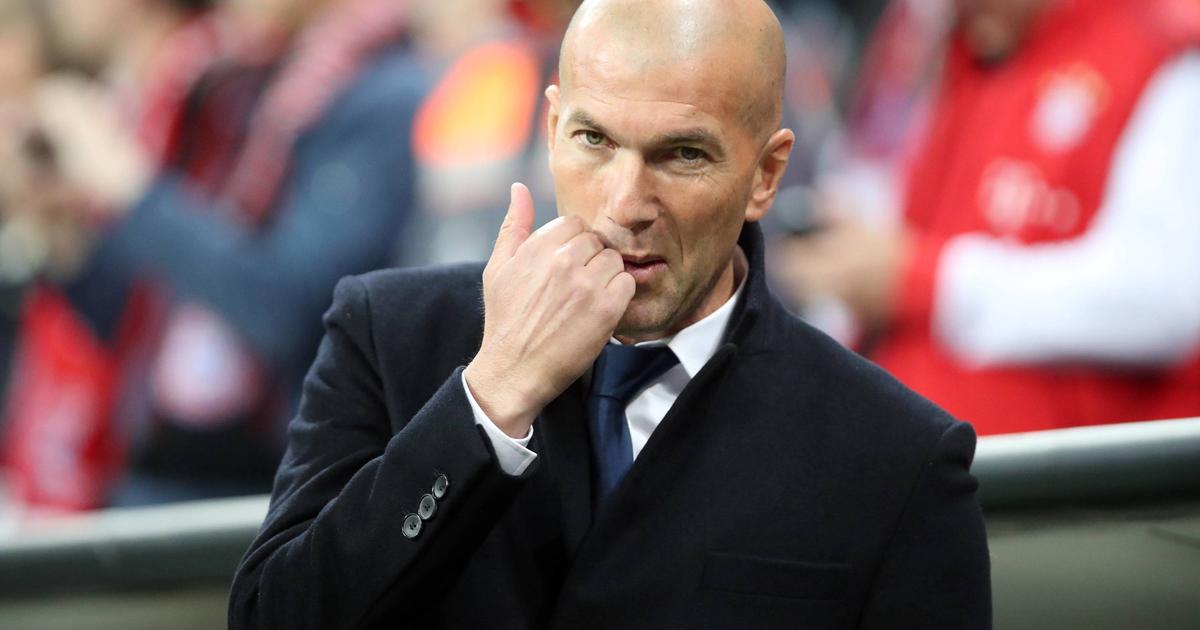Blackmail, intimidation, manipulation and isolation. They are the four corners of the shame of the abuses perpetrated in gymnastics in the Netherlands, denounced this Wednesday in a report commissioned by the National Federation of this sport. Researchers have analyzed the situation in all gymnastics disciplines –during 2014 and 2020– and have concluded that most of the incidents occurred in female rhythmic, artistic and acrobatic movements: two thirds of these former gymnasts interviewed admit to having been subjected to of unacceptable behaviors by his coaches during his career. Half of those who are still active say they have suffered them in the last year. Among those who are minors today, this figure is 30%. There are cases of sexual assaults,And although the reported episodes were more serious in the professional branch than in the amateur one, the investigators advocate that the victims receive an apology and in some cases financial compensation.
The report is entitled
Asymmetric Bars
and for its preparation the researchers sent a questionnaire to a total of 12,200 underage gymnasts and another 3,083 adults. They had to write down the inappropriate behaviors experienced there. Given that only 17% and 21% responded to the survey, respectively, the authors classify their results as "illustrative" and underline that the observed situation may be "the tip of the iceberg". In addition, 179 interviews were conducted between administrators, trainers, scientists, and journalists.
Of the ex-gymnasts, 66% said they had suffered humiliation, coercion, incitement to lose weight below what is healthy, and sometimes physical violence, "from which you could not escape and against which you could not respond." The study emphasizes "the environment of widespread fear, especially for girls" in which the excesses occurred. In turn, it points out that 7% of adult athletes and 2% of minors declared having suffered sexual abuse. Specifically, a foster parent, medical professionals and a coach are named among the aggressors.
As has happened in other countries, the world of gymnastics in the Netherlands has been plagued with silences and personal accounts of abuse that did not lead to large-scale investigations.
What's more, the coaches involved could remain in their positions for years.
Last summer, however, three high-level former gymnasts spoke in unison about the physical and mental excesses experienced, and the report presented now aims to "promote a change of environment and habits in the sector."
More information
Abuses, the worst face of sport
Spanish sport faced with the great challenge of protecting minors
Those three ex-athletes are Danila Koster (30), Stephanie Tijmes (29) and Loes Linders (32), who removed the foundations of the sport by explaining their hardships while they were active. By opening up in this way, they wanted to underline that the problem was not limited to one club or one generation, "but that it is a universal story and an international issue." Soon after, one of the country's best-known trainers, Gerrit Beltman, acknowledged to the press having cultivated a mentality that amounted to "physical and mental spanking" in his work.
The report recalls the influence - until 2007 - of the harsh training methods applied to gymnastics in Eastern Europe during the eighties and nineties. Likewise, the effect of the image of the Romanian Nadia Comaneci, Olympic champion at the age of 14, in 1976, in Monreal (Canada), represented the ideal of the perfect gymnast: slim and small and the first to receive a note of 10 in the history of the championship. Hence the emphasis on weight control. The authors of the work encourage at this point the Dutch Federation to work to increase from 16 to 18 the minimum age to compete internationally, "and thus end the image of thinness." They also recall that these training methods generate identity problems among gymnasts, “who still don't know who they are,and when they leave the sport they don't know how to forge relationships and they have doubts about themselves ”. Among the 26 recommendations of the researchers, the attention to be paid to ex-athletes "who have suffered the greatest impact from these training methods" stands out. For those who are active today, it is necessary that they are not alone with the coach, and that they and their parents be listened to. The Dutch Gymnastics Federation has apologized this Wednesday for what happened.The Dutch Gymnastics Federation has apologized this Wednesday for what happened.The Dutch Gymnastics Federation has apologized this Wednesday for what happened.
You can follow SPORTS on
and
, or sign up here to receive
our weekly newsletter
.

/cloudfront-eu-central-1.images.arcpublishing.com/prisa/OZMLI5GYHSAWF7WIV343C4IWY4.jpg)



/cloudfront-eu-central-1.images.arcpublishing.com/prisa/OFIE3IOCHJH4RI645WWWIXYPFM.jpg)









